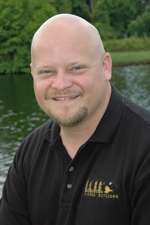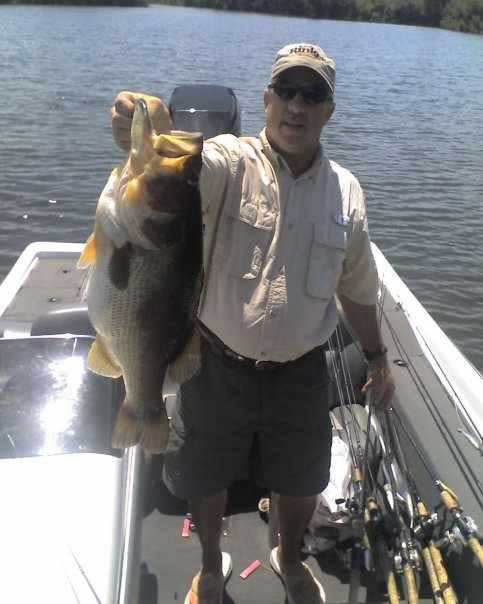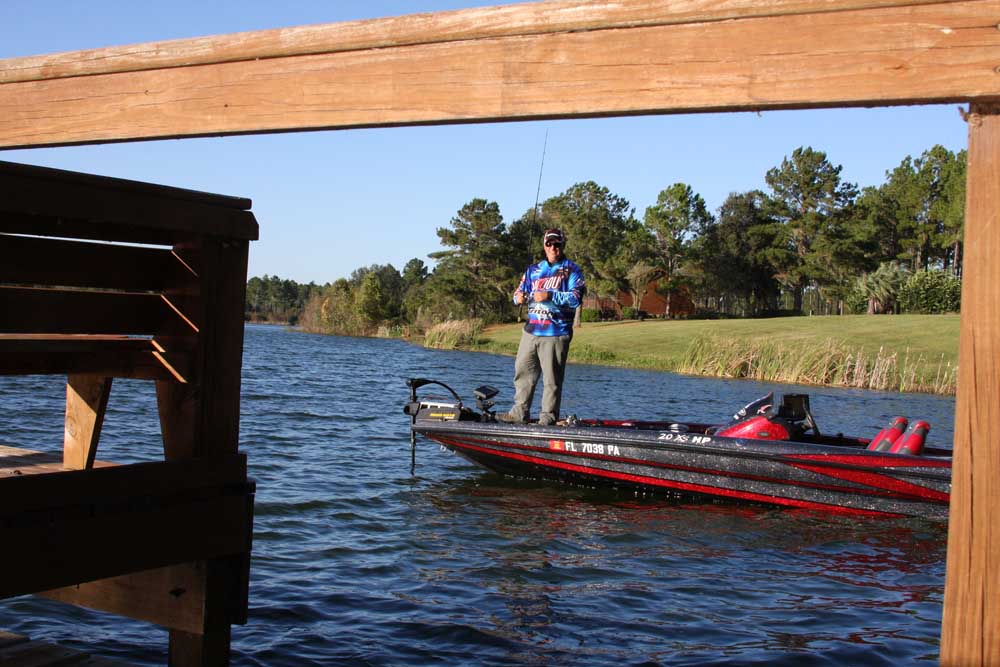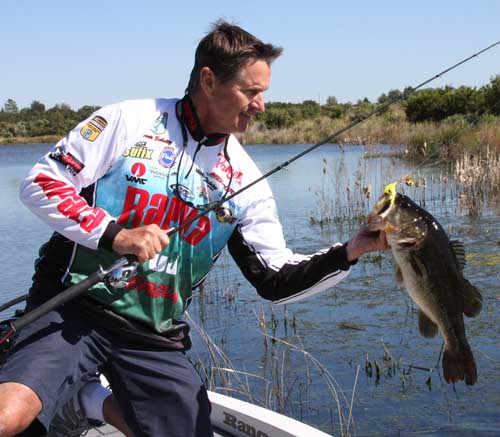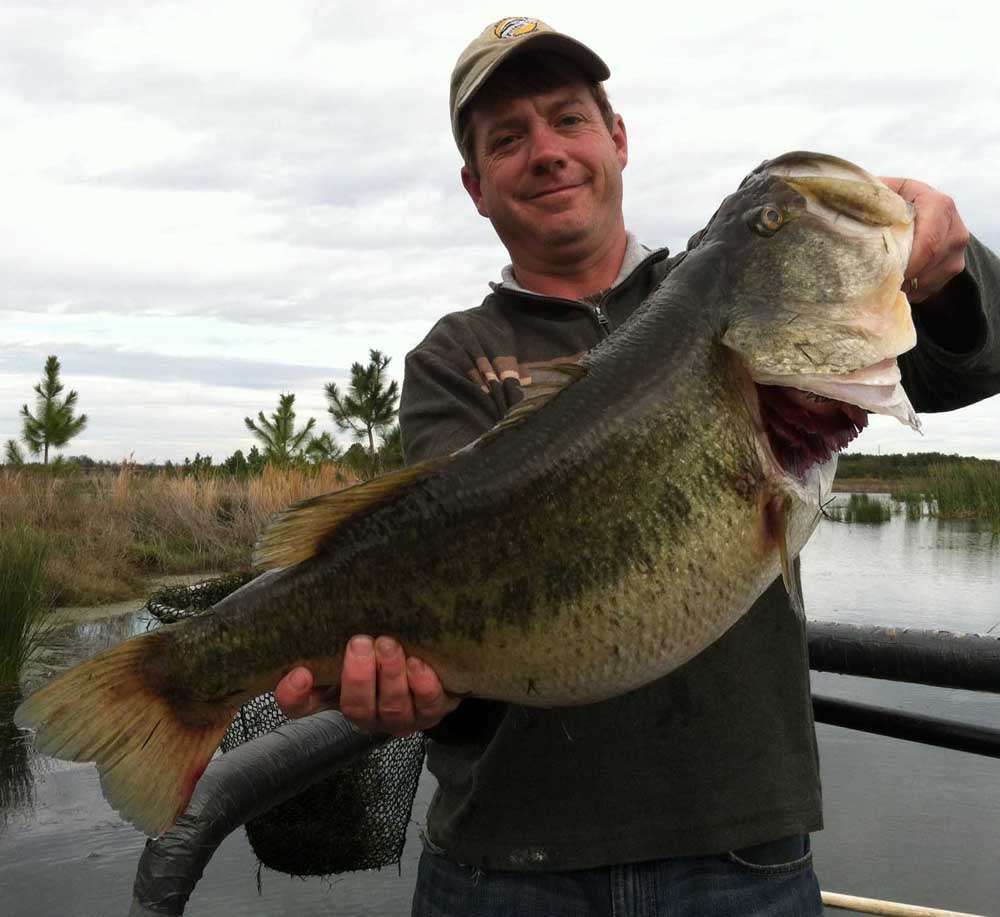
If you’ve been fishing for a couple of decades and reading about it for as long, then you know about Bienville Plantation. It came on the scene in the 1980s as a “dream destination” and exotic bass fishing locale right here in the good ol’ US of A.
Bienville was a “pay to play” fishery offering anglers a domestic alternative to the celebrated Mexican lakes of the day, like Guerrero or Canada’s famed Boundary Waters. Located in White Springs, Fla., Bienville became the template for dozens of such outdoors destinations, offering year-round bass fishing and seasonal hunting opportunities.
Over the years, Bienville has hosted a who’s who of celebrities who enjoy fishing and hunting, but in the late 1990s the luster was wearing thin. Management practices were not keeping pace with demand or reputation, and the facility quickly faded from the collective conscience, despite producing largemouth bass weighing better than 15 pounds.
Now Bienville is back and ready to reclaim its status as a premier bass fishing (and hunting) destination for those anglers willing to pay for the privilege. New ownership and intensive biological management have restored the trophy fisheries on the property, and bass have always been plentiful. Already this year, more than a dozen double-digit largemouths have been recorded, including at least one bruiser weighing more than 14 pounds.
Water, water everywhere
The plantation itself covers some 14,800 acres in Hamilton County. There are currently 17 lakes on the property, and “currently” is a key word at Bienville. Property manager Dock Glawson explains:
“Our management process never stands still. We’re constantly tweaking our efforts to maximize the productivity of our fishing waters — for big fish and numbers of bass and panfish. Our lakes range in size from 1,600 surface acres (Number 14) to just a few acres, and from time to time we’ve created canals that connect multiple waters or even cut one lake off from others depending upon our goals for the individual fisheries. It’s the kind of management opportunity that you dream about, but it can only be done privately.”
It’s tough to say just how much of the property is covered in water, but Bassmaster Elite Series pro Bernie Schultz of nearby Gainesville, a consultant to the plantation, says the layout makes it easy to find undisturbed water even when you’re sharing it with other boats.
“You could put 50 bass boats on some of the larger lakes and still have plenty of water to yourself,” Schultz says. “Some of these cover hundreds of acres and are serpentine in shape so they absorb any boating and angling pressure really well. Unless you decide to fish next to the ramps, you might never even know other boats are out there with you.”
The lunker factory
The plantation’s owners coordinate with a mining company that holds the mineral and excavation rights to the property. Water is a necessary part of these efforts. A mining operation on one part of the property might take several years, at the end of which time the company must reclaim the land by sculpting it back to a natural condition, oftentimes complete with a new lake. Because the substrate is so fertile, shad, golden shiners and Florida largemouth bass thrive.
A big part of Bienville’s turnaround comes thanks to the work and advice of three talented fisheries biologists: Mike Allen of the University of Florida, Bert Deener of the Georgia Department of Natural Resources and Patrick Pierce, a trained fisheries biologist who also happens to be a talented Bassmaster Opens pro.
“Years ago, the waters weren’t managed so extensively,” Pierce explains. “The great natural habitat was more or less left to its own devices, and a lot of the clientele was allowed to remove trophy bass. Today, we practice CPR — catch, protect and relocate. If we determine there are too many small bass in one lake, we’ll relocate some of them to other waters on the property. We do a lot of electrofishing and creel studies now, and we’ve diversified the forage base to include crawfish and bluegill.”
The Bienville difference
If you’ve done much fishing in the Sunshine State, you probably know the drill. The lakes are natural, shallow bowls filled with vegetation, and the key to catching bass is to locate the vegetation they happen to prefer at the moment, then present a topwater or soft plastic bait slowly and methodically. It’s a recipe that works from Miami to the Georgia line.
At Bienville, however, there are other options.
“Because these lakes are strip pits created through the mining process,” Pierce says, “you can do things here and fish in ways that you can’t in most Florida lakes. Deep-diving crankbaits, football jigs, even jigging spoons will catch bass here, and they’re sometimes the very best baits for the job. As a touring professional angler, I really appreciate the diversity Bienville offers.”
Some of Bienville’s lakes are more than 40 feet deep, a nice feature for bass trying to escape inclement weather or water conditions. It’s also a boon to anglers wishing to do something other than soak soft plastics in the weeds.
Services
In addition to great bass fishing, Bienville offers excellent duck, deer, quail and alligator hunting and a resort with all the amenities of home. The lodge has a fine restaurant and meeting rooms. There’s a pro shop stocked with any baits you’re likely to need, and each of the five cabins on the property has five bedrooms, five full bathrooms, cable television and a well-appointed kitchen.
A small, but talented staff of professional guides with fully-rigged bass boats can take you out on just about any lake on the plantation, or you can bring your own rig and fish a lake you’ve leased all for yourself. Bienville caters to corporate memberships and will create a package to accommodate most budgets and fishing needs.
For more information on Bienville Plantation, check out its web site.

